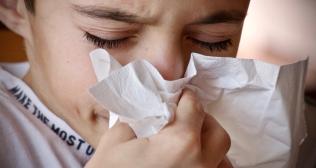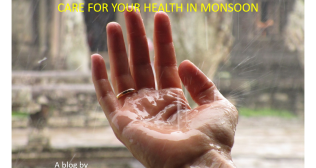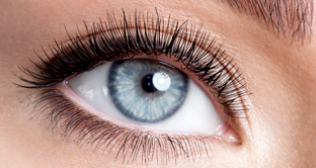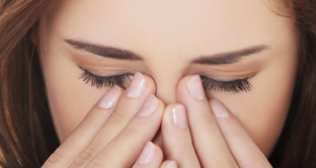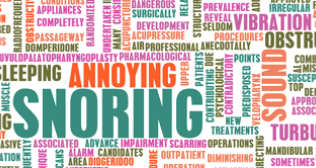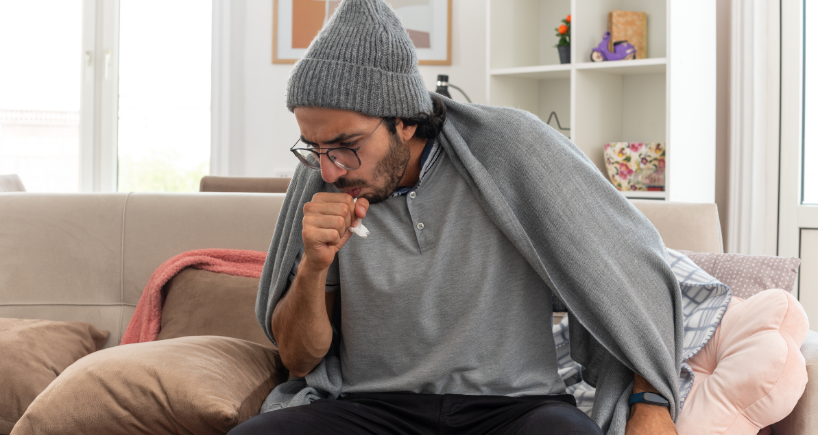
Stay Warm This Winter: Tips to Fight the Cold and Keep Shivering Away
Introduction
During winter, your health often deteriorates, especially due to decreased immunity. While cold cough and throat infections are common in this weather, you also have more severe dyspnoea episodes. Most coronary events occur in the early hours of the morning. Pre-existing conditions are often made worse by winter. In addition, cold temperatures might lead to new health problems. The cold air weakens the immunological response in the nose, which is the basic reason why you get more respiratory ailments in the winter. Furthermore, cold weather has the potential to cause new health issues. The most prevalent ailments are the flu or common cold, bacterial or viral sore throat infections, asthma, joint discomfort, heart problems, sinusitis, and dry, itchy skin. However, your lifestyle choices are what cause you to become unwell, not the weather. Avoiding walks in the morning is suggested since it raises the risk of cardiac issues, but you should also avoid eating ice cream or anything cold. Yes! This blog gives you tips to help you remain warm throughout the chill winter months.
How do you get cold during winter?
A cold is a contagious condition that causes respiratory infections that affect the nose, throat, sinuses, and trachea. It is usually caused by viruses. The most common virus causing colds is rhinovirus. Symptoms may include sore throat, runny nose, fever, fatigue, loss of appetite, increased drooling, irritability, swollen glands, and coughing. Exposure to cold weather during winter causes a high risk of getting the flu or common cold, which affects your immune response. This is because you get less vitamin D, which regulates your immune system, due to reduced sun exposure and breathing the cold and dry air causes your blood vessels of the respiratory system to narrow to store heat.
It prevents the white blood cells from reaching the mucus membrane and fighting against germs. The virus replicates more efficiently at temperatures below 37° C. During winter, the temperature of the environment drops, and the temperature of the nasal cavity in your body is around 33° C, which makes the ideal temperature for the virus to ground and spread. However, this doesn’t mean that lower temperatures in the environment increase the risk of rhinovirus infection; it also depends on your immunological response. When you have strong immunity, you can fight back against those viruses infecting you. Common cold appears in 3 different stages,
Early stage: It is a starting stage within 1–3 days of picking up a cold virus. It causes a tickle in your throat and sore throat, sneezing, runny nose, stuffy nose, and cough.
Active stage: In this stage, the symptoms worsen, leading to body aches, headaches, runny eyes and nose, weakness, and sometimes fever.
Late stage: It is the final stage, where you will be free and clear as the cold begins to wind down. But sometimes, it results in a nagging cough, which lasts up to 2–3 months after the infection.
Cold sore treatment
Cold sore, often known as fever blister, is a herpes simplex virus infection. It is formed on your lips or skin around your mouth. The symptoms include fever, sore throat, and swelling of the throat.
Treatment
Topical medications: Sore throats can be cured with topical medications like gels and ointments, which are applied to the affected area.
Antiviral medications: Cold sores can also be cured with antiviral medications, which fight and destroy viral attacks, reducing infections.
Tips to fight cold and keep warm during winter
There are multiple ways to keep your father from contracting a cold. Staying warmer is predominantly the practical way to combat cold. Here are some tips to stay healthy and feel cosy:
Layering clothing: Have your jackets layered double. However, wear multiple pieces of clothing as they trap the heat better than a single garment. Preferably wear wool as it keeps you warm.
Hydration: Drinking warm or hot fluids such as tea or soups boosts the heat in your body.
Eat Hot: Consume hotter items in the winter, which help you regulate body heat.
Isolate: Avoid coming in contact with people. Stay home and avoid crowded spots!
Gargle with salt water: Salt water gargling helps to clear the sore throat and inflammation caused by a cold.
Steaming up: This clears your nostrils and helps you to breathe easier.
Wash hands: Regularly washing your hands prevents you from getting cold viruses.
Stop picking your nose: Do not pick your nose often. This could cause a cold.
Conclusion
To sum up, staying warm in the winter prevents you from getting cold. Prevention is always better than cure, so stay cautious and healthy by isolating, masking, and eating healthy.








